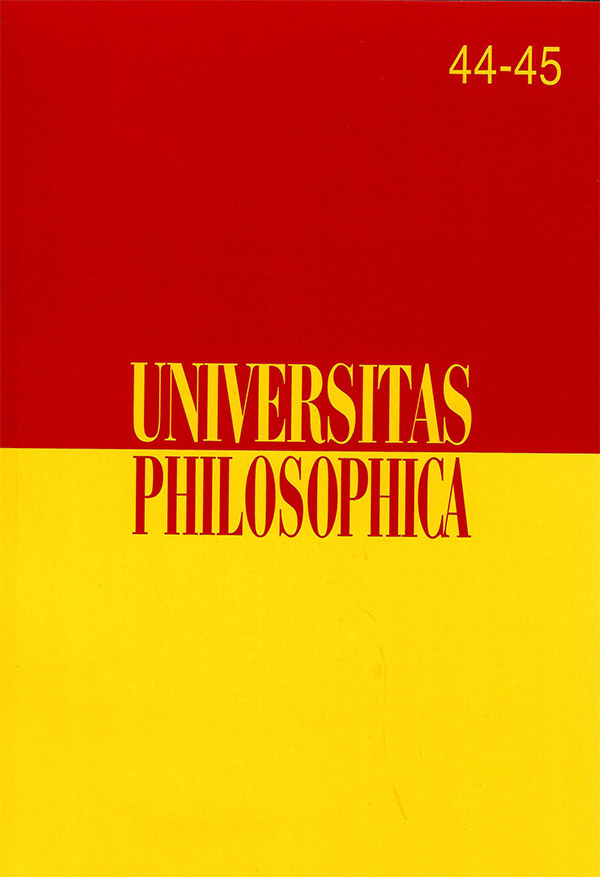Abstract
Beginning with a question about some possibilities to philosophize today, the author makes progressive displacements: first, towards the current meaning of time; afterwards, he tackles many Latin American narratives in which some schemes of time are offered to us. There, Rubio works several hermeneutic exercises out on the relations between narrative and speculation, narrative and liberation, on what it is memorable and on "the grip of the present", as well. We should not forget the existente of a memory of a future andan imagination of the past. Finally, the author leads us to the great Latin American narrative, described by Carlos Fuentes' Terra Nostra as "The Theater of Memory", where "images which involve all of our past possibilities, also represent all of our opportunities for the future, because knowing what it did not happen we will know what it clamors to be".This journal is registered under a Creative Commons Attribution 4.0 International Public License. Thus, this work may be reproduced, distributed, and publicly shared in digital format, as long as the names of the authors and Pontificia Universidad Javeriana are acknowledged. Others are allowed to quote, adapt, transform, auto-archive, republish, and create based on this material, for any purpose (even commercial ones), provided the authorship is duly acknowledged, a link to the original work is provided, and it is specified if changes have been made. Pontificia Universidad Javeriana does not hold the rights of published works and the authors are solely responsible for the contents of their works; they keep the moral, intellectual, privacy, and publicity rights.
Approving the intervention of the work (review, copy-editing, translation, layout) and the following outreach, are granted through an use license and not through an assignment of rights. This means the journal and Pontificia Universidad Javeriana cannot be held responsible for any ethical malpractice by the authors. As a consequence of the protection granted by the use license, the journal is not required to publish recantations or modify information already published, unless the errata stems from the editorial management process. Publishing contents in this journal does not generate royalties for contributors.


